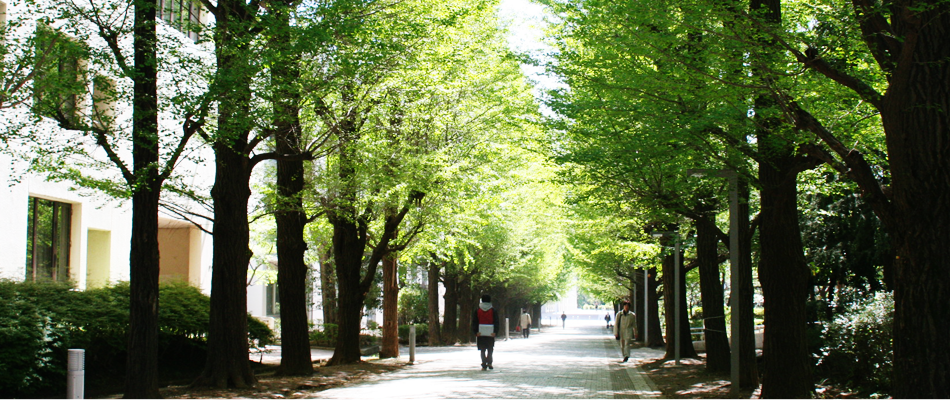

Our Courses
Environmental Management and Policy I
Prof. Akira Maeda
Course Objectives/Overview
Economic growth theory is a theory of long-term economic dynamics. It models and analyzes the mechanism of development and long-term growth of the economy and provides policy implications. The theory and models play a central role of energy-environmental policy modeling as well.
This course is intended to provide an overview of the theory of economic growth and the mathematics of economic dynamics. After reviewing key concepts in economics, we discuss the modeling of economic growth. We then study mathematical tools necessary in the analysis, including dynamical systems and dynamic optimization. Using these tools, we move on to the study of standard models. These are known as the Ramsey-Cass-Koopmans model and the overlapping-generations model. Finally, we discuss advanced topics such as technological change, uncertainty, etc.
Schedule
1. Introduction
2. Basics of economic modeling
3. The idea of economic growth: The Solow-Swan model
4. Dynamical systems
5. Dynamic optimization
6. Dynamic optimization, continued
7. Neoclassical growth: The Ramsey-Cass-Koopmans model
8. Neoclassical growth: The Ramsey-Cass-Koopmans model, continued
9. Neoclassical growth: Overlapping Generations model
10. Neoclassical growth: Overlapping Generations model, continued
11. Endogenous technological change
12. Endogenous technological change, continued
13. Stochastic growth